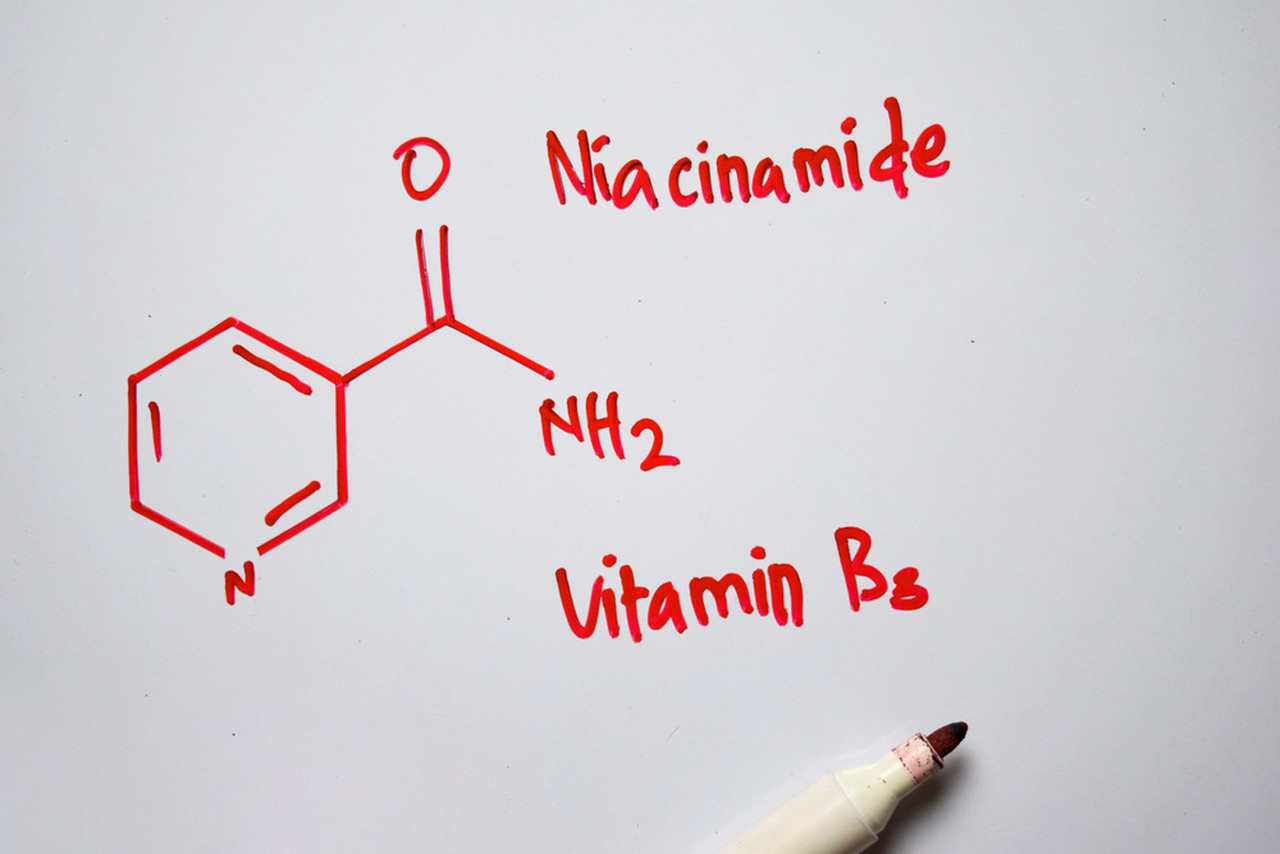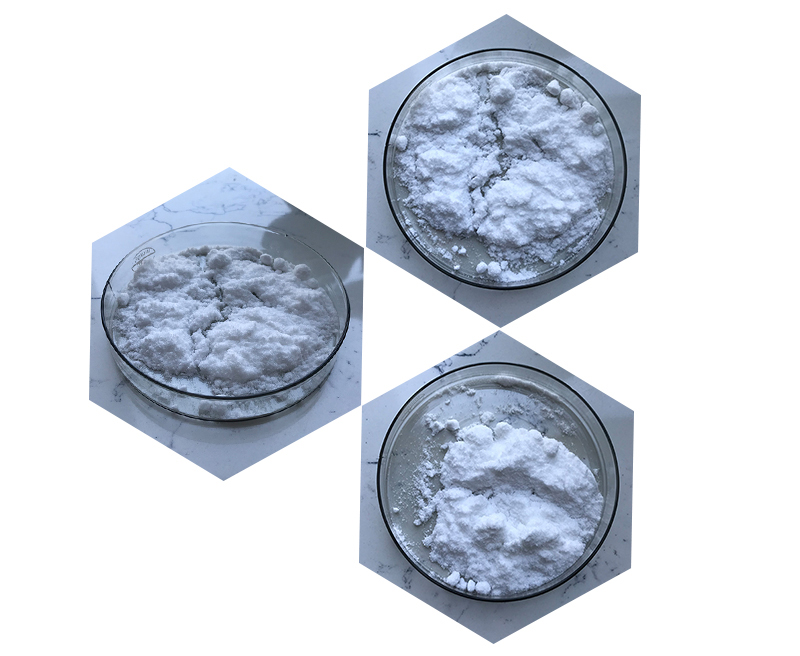Nicotinamide, also known as niacinamide, is a form of vitamin B3 (niacin) commonly used in various medical, dermatological, and cosmetic applications due to its versatile benefits. Here’s an overview of its uses:
1. Medical Applications
- Pellagra Treatment: Nicotinamide is used to treat pellagra, a condition caused by niacin deficiency. Symptoms include diarrhea, dermatitis, and dementia.
- General Nutritional Supplementation: As a B-vitamin, it is included in multivitamins or specific B-vitamin complexes to support overall health.

2. Dermatological Applications
- Acne Management: Nicotinamide has anti-inflammatory properties that make it effective for treating mild to moderate acne.
- Hyperpigmentation Reduction: It inhibits the transfer of melanin to skin cells, helping to reduce dark spots and even out skin tone.
- Rosacea Management: Its anti-inflammatory properties can reduce redness and irritation associated with rosacea.
- Skin Barrier Function: Nicotinamide enhances the production of ceramides, which strengthen the skin barrier and reduce moisture loss.
3. Cosmetic Applications
- Anti-Aging: Nicotinamide promotes collagen synthesis and reduces fine lines and wrinkles.
- UV Protection: It has been shown to improve the skin’s ability to repair damage from UV exposure, reducing the risk of skin cancer.
- Moisturization: Nicotinamide improves hydration and gives the skin a smoother appearance.
4. Potential Additional Uses (Research-Based)
- Neuroprotection: Emerging research suggests it may have a role in managing neurodegenerative conditions, such as Alzheimer’s and Parkinson’s diseases, due to its involvement in energy metabolism and cellular repair.
- Diabetes Management: It may have protective effects on pancreatic beta cells, possibly delaying the onset of type 1 diabetes in high-risk individuals.

Usage Considerations
- Topical Form: Found in serums, creams, and lotions at concentrations typically ranging from 2% to 10%.
- Oral Form: Available as supplements or part of multivitamins.
- Side Effects: Generally well-tolerated but may cause mild skin irritation when applied topically or gastrointestinal discomfort when taken orally.
Would you like more details on a specific use or product?
